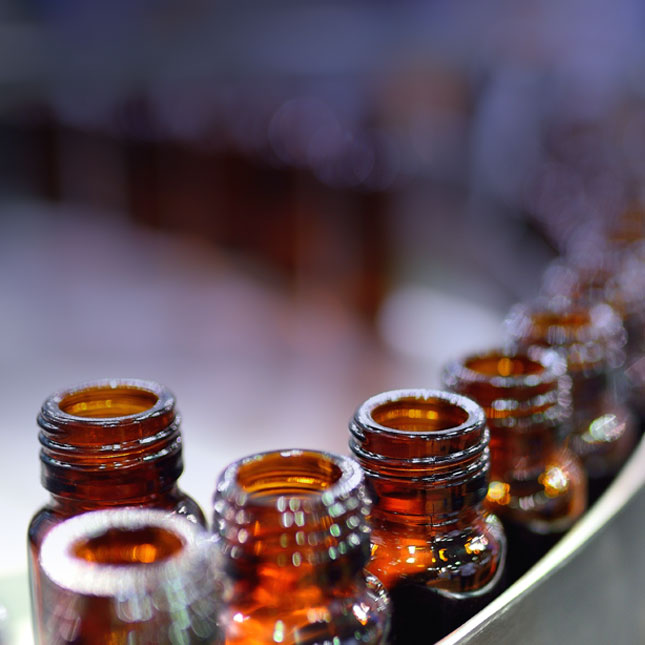Quality plays a key role in everything we do at USP. Having a quality culture means that our people, processes and systems are aligned with USP’s mission to help protect and improve the health of people in the U.S. and around the world. Quality by design, supplier qualification and good manufacturing practices for packaging, storage and distribution all play critical roles in supporting supply chain integrity. This, in turn, helps manufacturers deliver on their promises of quality products, while building confidence among healthcare practitioners, patients and consumers.
Below is some of the work USP is currently engaged in regarding the safety and protection of the global supply chain:
-
Understanding Quality Paradigm Shifts in the Evolving Pharmaceutical Landscape: Perspectives from the USP Quality Advisory Group.
Recent advancement in pharmaceutical science is creating changes in the paradigms that have been dominating the industry for decades. New therapeutic modalities and the evolution of manufacturing techniques is challenging our regulatory framework and pharmacopeias. Furthermore, the COVID-19 crisis has emphasized the need to adopt practices that better promote global supply chain resilience. In a recently published white paper, the USP Quality Advisory Group explores the impact of these paradigm shifts in pharmaceutical quality and the approaches that are being taken to adapt to this new environment. Click here to read the white paper. - To protect patients and strengthen the global medicines supply chain, USP is providing tools and solutions to analyze and monitor emerging impurities in the drug supply.
- USP launches new standards, tools for detecting and controlling nitrosamine impurities in drug supply chain
- Protecting patients from harmful impurities
- USP launches COVID-19 vaccine survey of frontline healthcare workers in low- and middle- income countries, with support from George Mason University
- Advocating an organization-wide “quality culture” that addresses all aspects of maintaining global drug supply chains secure.
- Quality systems
- Quality by Design (QbD): A systematic approach for building quality into a product based on a thorough understanding of the product, the process by which it is developed and manufactured, and how to mitigate the risks involved in its manufacture.
- Product development practices
- Offering solutions to suppliers and manufacturers that aim at maintaining supply chain integrity:
- Supplier qualification
- <1220> Analytical Procedure Life Cycle
- General good manufacturing practices
- <1029> Good Documentation Guidelines
- <1178> Good Repackaging Practices
- <1079> Risks and Mitigation Strategies for the Storage and Transportation of Finished Drug Products
- <1079.2> Mean Kinetic Temperature in the Evaluation of Temperature Excursions During Storage and Transportation of Drug Products
- Good manufacturing practices for Dietary Supplements
- <2750> Manufacturing Practices for Dietary Supplements
- Good manufacturing and distribution for Excipients
- <1078> Good Manufacturing Practices for Bulk Pharmaceutical Excipients
- <1197> Good Distribution Practices for Bulk Pharmaceutical Excipients
- <1080> Bulk Pharmaceutical Excipients – Certificate of Analysis
- <1195> Significant Change for Bulk Pharmaceutical Excipients
- Good manufacturing practices for Compounded Preparations
- <795> Pharmaceutical Compounding—Nonsterile Preparations
- <797> Pharmaceutical Compounding—Sterile Preparations
- <1163> Quality Assurance in Pharmaceutical Compounding
- Quality screening for adulterants
- <1850> Evaluation of Screening Technologies for Assessing Medicine Quality
- <2251> Screening for Undeclared Drugs and Drug Analogs
- Supplier qualification




